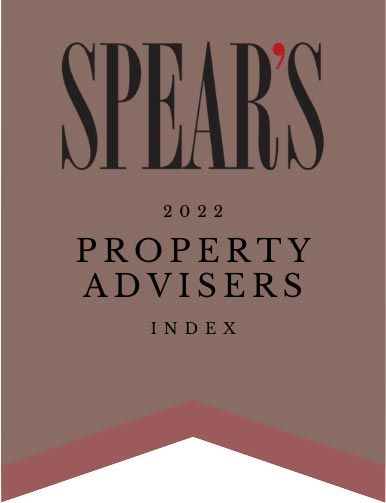If you are someone whose mortgage repayments have gone up recently due to the rise in the Bank Base Rate, or you’re on a fixed rate product that is nearing the end of its term, and you’re worried about moving onto a more expensive mortgage, then read on. This blog is about remortgaging (moving from one mortgage product to another) and will look at what remortgaging is, why property owners need to remortgage from time to time, the benefits of remortgaging, and how to go about it.
Remortgaging refers to the process of switching your existing mortgage to a new lender or to a different mortgage product with your current lender. People choose to remortgage for a variety of reasons, including getting a better interest rate, freeing up cash, consolidating debt, or changing the terms of their mortgage. It doesn’t just apply to residential properties. Commercial and Buy-to-Let properties can also be remortgaged.
The main benefit of remortgaging is the potential to save money. If you can secure a lower interest rate, your monthly mortgage payments will decrease, and you will pay less in interest over the life of your mortgage. Additionally, remortgaging can allow you to access the equity you have built up in your home, which can be used to pay off other debts or make home improvements.
Remortgaging can also help you change the terms of your mortgage. For example, if you initially took out a variable-rate mortgage, you can switch to a fixed-rate mortgage to secure a set interest rate for a specific period. This could apply to you if you’re on a variable rate product and you’ve recently noticed your repayments becoming more expensive following the series of interest rate rises over the past few months. This can help provide stability and peace of mind, as you will know exactly what your monthly payments will be for the duration of your mortgage.
To remortgage, you will need to shop around for the best mortgage deals and compare the rates and terms offered by different lenders. A specialist mortgage broker, such as Large Mortgage Loans, can help you with this. We have relationships with over 300 lenders, including specialist lenders, building societies, private banks, and traditional high street banks. We will review your situation and create a bespoke solution to suit your circumstances. We are particularly experienced in advising individuals with complex income structures and those who don’t fit the usual borrower criteria.
It is important to consider not only the interest rate but also the overall cost of the mortgage, including any fees, charges, and penalties. If you decide to exit your current fixed-rate mortgage early, you may be liable for an early repayment penalty. A mortgage broker will help you determine whether it’s still financially worthwhile moving to a new mortgage, even with an early repayment penalty.
You will also need to provide information about your current mortgage and financial situation, such as your income, debts, and credit score. Your lender will use this information to determine if you are eligible for a remortgage and what rate you will be offered.
Once you have chosen a lender and a mortgage product, you must complete an application and provide documentation, such as proof of income and a property appraisal. Your lender will then process your application and, if approved, will arrange for a new mortgage agreement to be signed.
Finally, it is important to remember that remortgaging can have costs, such as appraisal fees, legal fees, and exit fees from your current mortgage. It is essential to factor these costs into your decision to remortgage and to compare the total cost of the new mortgage to your existing mortgage to determine if it is worth switching.
In conclusion, remortgaging can be a great way to save money and improve your financial situation. If you are considering remortgaging, it is important to do your research, compare rates and terms from different lenders, and carefully consider the costs involved. With the right information and careful consideration, remortgaging can be a smart financial decision.
Top tips for securing the most competitive deal
Review your credit score online with a credit data agency like Experian or Credit Karma. The higher the credit score, the better the rate you’ll be offered. These agencies can provide practical advice on how to improve your credit score so that lenders deem you a good ‘risk’ to lend money to.
Add to your ‘deposit’. If your property has grown in value since you bought it, you can use this increased equity as a deposit for your new mortgage. If you can add to this, through savings or anything other form of income (bonuses, commission earned, returns from investments etc), this will increase the size of your deposit and you may be eligible for an even better rate.
Have all of your documentation ready – proof of income (including any bonuses, overtime or commission you may have earned), credit score, valuation of your property, tax documents if you complete self-assessment tax, details of any outstanding debts you have, and the details of your current mortgage. A specialist mortgage broker can help you to compile all of these documents.
Don’t leave it until the last minute. If you are currently on a fixed rate mortgage, you should start looking at remortgaging eight months ahead of your term coming to an end. You can secure a rate for up to six months in advance before completing the process so it’s better to look early and give yourself enough time rather than jump onto a mortgage product last minute which doesn’t offer you the best rate and terms.
For more information on remortgaging, please take a look at the Large Mortgage Loans page on How to Remortgage. If you’d like to speak to one of our dedicated mortgage brokers, please contact Large Mortgage Loans at 020 7519 4900.




















